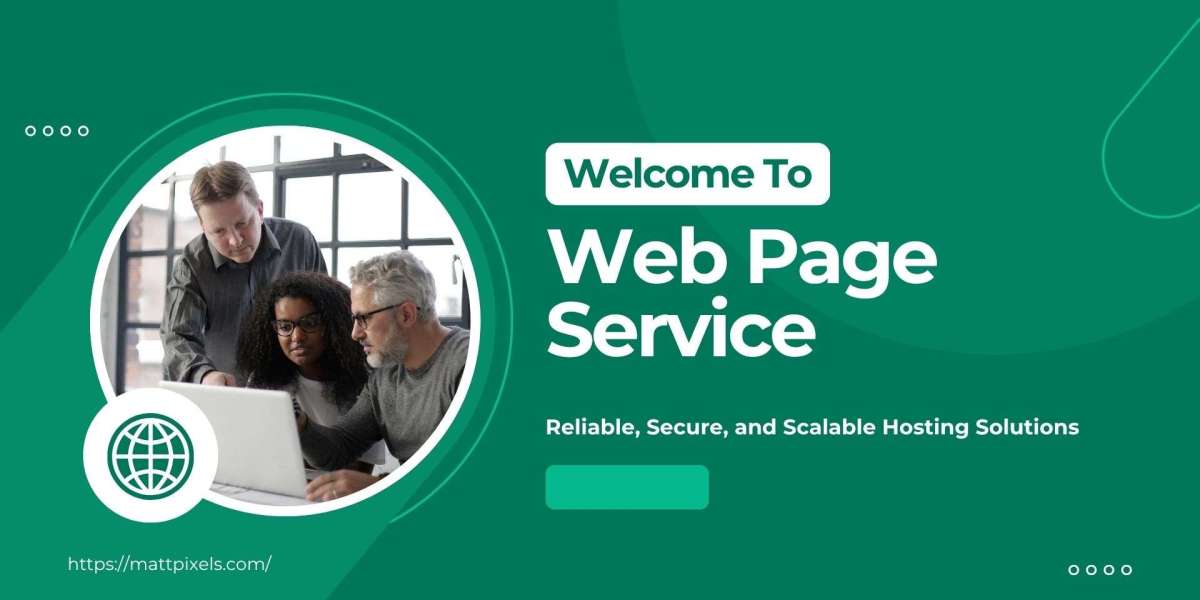Why Continuous Learning Matters
The healthcare sector is unlike any other. Here, staying current isn’t just about personal development or career growth—it can literally be a matter of life and death. Ongoing learning ensures that medical professionals deliver the highest standard of care, adhere to updated clinical guidelines, and respond to new challenges effectively.
Here are some compelling reasons why continuous education plays a pivotal role in healthcare:
1. Improves Patient Care
At the heart of healthcare is patient well-being. Continuous learning allows practitioners to stay informed about the latest diagnostic tools, medications, and treatment methodologies. This translates into accurate diagnoses, effective treatments, and better patient outcomes.
For example, a nurse who learns about a new medication protocol may help prevent adverse drug interactions, while a surgeon updated on new techniques can minimize recovery time for patients.
2. Keeps Up with Medical Advancements
Medical science evolves rapidly. From telemedicine to robotic surgeries, staying abreast of emerging technologies is crucial. Continuous professional development (CPD) ensures that healthcare workers remain competent and confident in using modern tools and technologies.
Whether it’s learning how to use AI-assisted diagnostics or understanding new infection control standards post-pandemic, education ensures the workforce doesn’t lag behind the progress curve.
3. Ensures Regulatory Compliance
Healthcare is one of the most regulated industries in the world. Laws, safety protocols, data protection policies like HIPAA, and professional standards change frequently. Regular training and education help professionals remain compliant, avoiding legal risks and ensuring institutional integrity.
Non-compliance due to outdated knowledge can result in penalties, lawsuits, and most importantly, compromised patient safety.
4. Reduces Medical Errors
Medical errors are a significant concern globally. Continuous learning helps in reducing avoidable mistakes through simulation training, case study reviews, and updated procedural knowledge.
Studies show that hospitals that invest in regular staff training report lower rates of preventable incidents, making learning a critical component in risk management strategies.
5. Boosts Professional Confidence and Morale
When healthcare workers feel well-informed and equipped, it boosts their confidence and morale. Whether it’s handling complex cases or using new machinery, knowledge brings assurance. This not only improves job satisfaction but also reduces burnout—an increasing concern in the medical field.
6. Promotes Interdisciplinary Collaboration
Healthcare is team-based. When everyone—from nurses to specialists to administrative staff—is aligned on the latest practices, it enhances coordination and communication.
Continuous learning creates a common language across departments, improving workflow and enabling smoother patient transitions between services.
7. Encourages Career Advancement
From earning certifications to learning new specialties, continuous education opens doors to career advancement and leadership opportunities. Healthcare professionals who invest in learning are more likely to be considered for promotions, research roles, and management positions.
Moreover, institutions that offer growth opportunities tend to retain staff longer, reducing turnover.
How Healthcare Institutions Can Foster Continuous Learning
To ensure a culture of learning, healthcare institutions should:
Offer on-site training and workshops
Support certifications and further education
Provide access to digital learning platforms
Encourage peer learning through case discussions
Incentivize learning with career progression
Organizations that invest in their people not only build trust but also enhance the overall quality of care they provide.
Final Thoughts
In a field where change is constant and stakes are high, continuous learning is the key to sustainable, safe, and effective healthcare delivery. It empowers professionals, protects patients, and keeps institutions ahead of the curve.
Whether you’re a frontline caregiver or a healthcare executive, embracing lifelong learning isn’t optional—it’s your responsibility.
Visit our website Med Stream Data for more healthcare industry related information!
https://medstreamdata.com/nurses-email-list/




